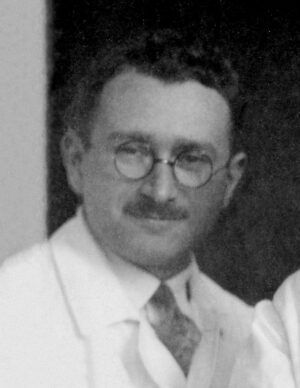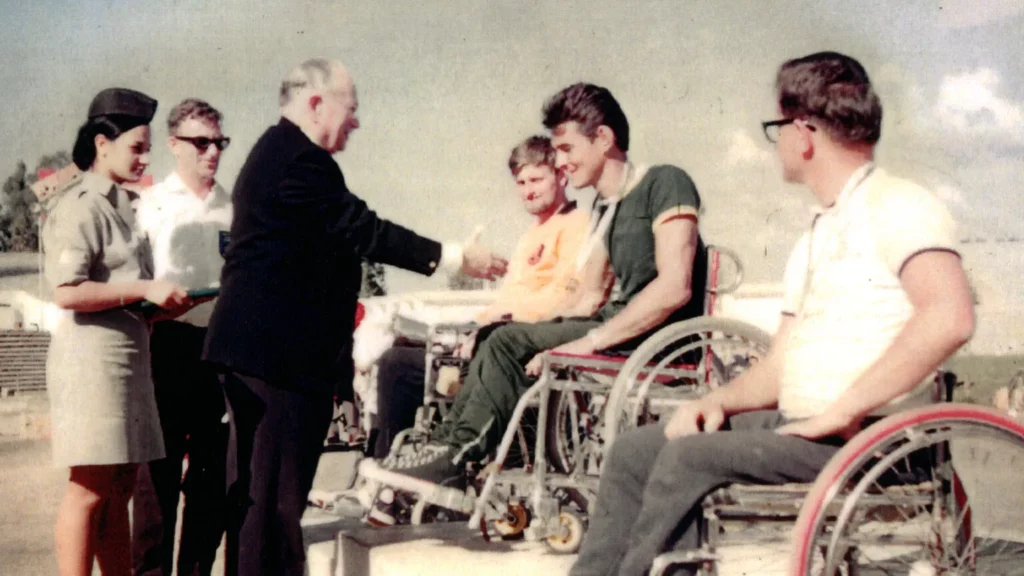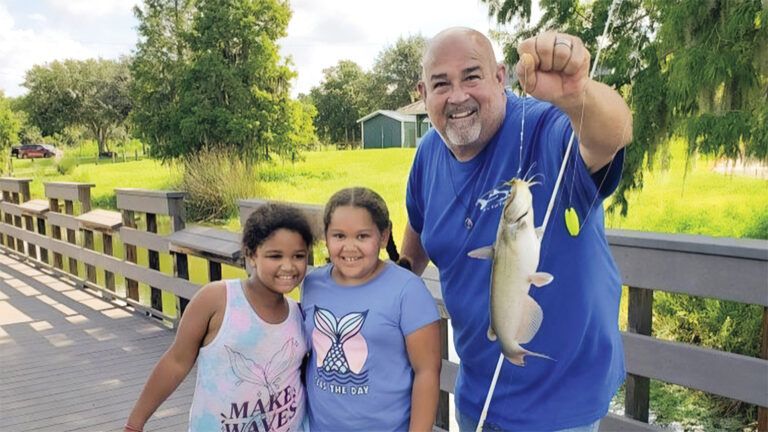The work of German neurosurgeon Ludwig Guttmann, a remarkable figure in history, was vital to the treatment and rehabilitation of people with spinal injuries, including giving them hope. But equally fascinating is a deed that is not as well known—when Guttmann’s act of bravery saved 60 men from the Nazis.
Guttmann was born in 1899 in Germany. While volunteering at a hospital for coal miners when he was only 18 years old, Guttmann encountered a man with paraplegia. At the time, there were no treatments to help those with the condition. The man eventually died of sepsis. This patient’s suffering stuck with Guttmann and motivated him to find a way to not only save people with spinal injuries, but to also help them thrive.

Another pivotal moment in Guttmann’s life happened in 1938, when he was working as a neurologist at the Jewish Hospital in Breslau. From November 9th – 10th Nazi paramilitary forces and German citizens attacked and destroyed Jewish businesses, homes, and synagogues. Over 300,000 Jewish males were rounded up during the pogrom, later named Kristallnacht or “The Night of Broken Glass,” and sent to concentration camps.
“On the 9th of November I took my car and went to the synagogue,” he said, according to Hey Alma. “And there, the whole thing was surrounded by hundreds of people, burning, and SS men playing football with prayer books. I stood there and realized that my tears were running down. But I became quite determined to help persecuted people.”
Laws at the time stated that, as a Jewish physician, Guttmann could only treat Jewish patients. Yet during Kristallnacht, Guttmann defied the law. He welcomed anyone coming to the hospital for refuge, no matter their belief or background. The next day, Gestapo and SS officers came to his hospital and demanded to know why he had so many patients. Guttmann bravely faced their scrutiny and took them to each bed to justify why they were there. According to Guttmann’s daughter, he even taught his patients how to act ill so they wouldn’t be detained. Though he could not help them all, Guttmann saved 60 men from the concentration camps.
In 1939, Guttmann and his family fled Germany and moved to Oxford, England. Four years later, he established the National Spinal Injuries Unit at Stoke Mandeville Hospital in Buckinghamshire. The purpose of the unit was to treat and rehabilitate pilots for the Royal Air Force. While working as director, Guttmann did not forget the coal miner he’d met so many years before. He knew people with spinal injuries needed something more than just treatment. They needed hope.
Guttmann believed a vital key to helping injured patients strive for greatness was through sports. But not just any sports— competitive sports, even on the Olympic level. In 1948, he organized the first Stoke Mandeville Games for war veterans with disabilities. They held them on the hospital grounds and included polo, basketball, and archery. The games grew, with even more international competitors participating each year. Soon, the games opened to anyone with a disability. In 1960, Guttmann’s vision finally came to life when the International Stoke Mandeville Games officially became part of the official Summer Olympics in Rome. The games would later be named the Paralympic Games.
Guttmann’s brilliance as a physician and bravery as a Jewish man changed the course of many lives. Queen Elizabeth II knighted him in 1966. “If I ever did one good thing in my career,” Guttmann said, “it was to introduce sport into the rehabilitation of disabled people.”
In March 2022, the 13th Winter Paralympic Games were held in Beijing. The 2024 Summer Paralympics will take place in Paris starting August 28, 2024. Ludwig Guttmann died of heart failure in 1980, yet his legacy of instilling hope lives on.





